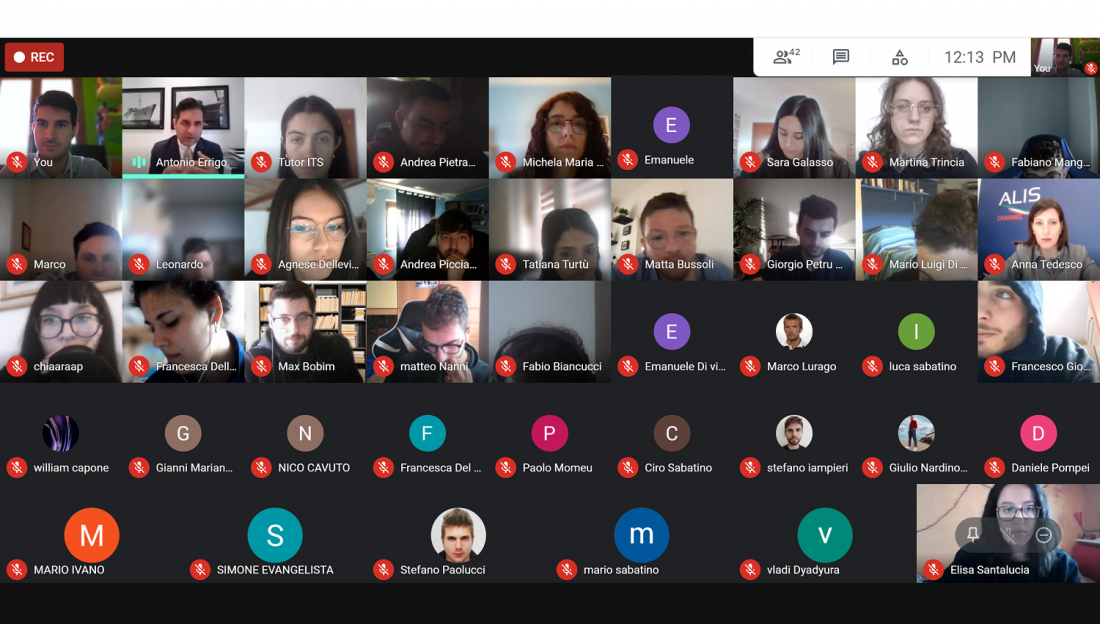EU-funded YEP MED introduces the Port Community scenario to Italian students in Sustainable Mobility

Civitavecchia, 9 April - The first vocational training course of the YEP MED project, funded by the ENI CBC Med European programme, has ended in Civitavecchia. The three-day course, coordinated by Escola Europea Country Manager, Marco Muci, together with the Port Authority of Civitavecchia, was held remotely with 43 students from the ITS Sustainable Mobility of Ortona. The aim of the course was to provide the students of the first year of vocational training in Sustainable Mobility, Logistics and Transport with first-hand knowledge of the Port Logistics Community of Civitavecchia, its infrastructure, equipment and logistics operations, as well as its environmental management. In addition, the course gave the companies represented by the associations of the sector the opportunity to highlight the characteristics of their business and the professional profiles they need to develop appropriately, while encouraging an open dialogue between the training centres and the companies in the sector.
The theoretical contents of the course focused on the characteristics of port management, introduced the actors of the port logistics community (Customs Agency, Port Authority, Freight Forwarders, Shipping Agents, Port Terminals, Maritime and Transport Associations) with particular attention to environmental policies and digitalisation. To complete the theoretical training, there will be a day of visits to the main terminals of the logistic-port area and a guided tour, by boat, of the port of Civitavecchia.
The VT1 vocational training course represents the first phase of a course comprising a total of three training courses developed within the framework of the project with the objective of preparing students and unemployed young people for the transport and logistics professions in the Mediterranean region. In the following phases of the course, participants will be able to simulate some import-export operations through the management software of a virtual enterprise of a port community created ad hoc for the project. This kind of digital and practical experience will help prepare students for the challenges that will arise in real working environments.









